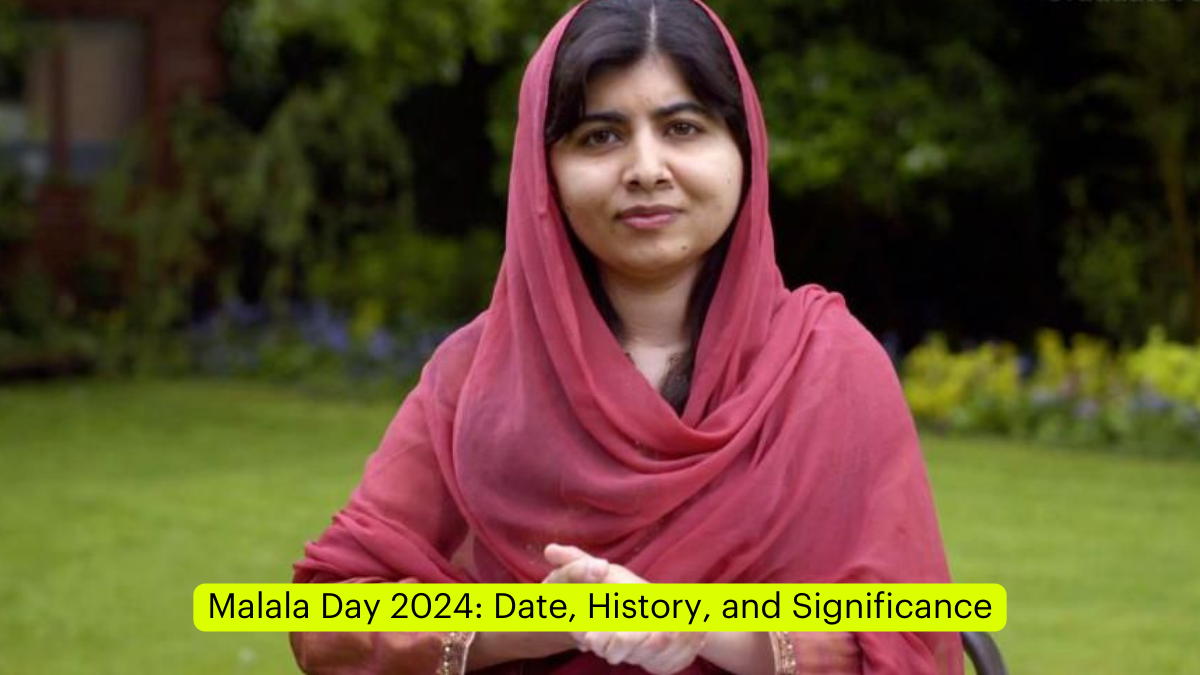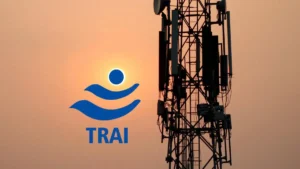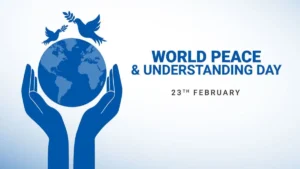Malala Day, celebrated annually on July 12, commemorates the birthday of Malala Yousafzai, a Pakistani activist and the youngest Nobel Prize laureate. This day honors her courageous fight for girls’ education and serves as a global call to action for children’s right to education worldwide.
Who is Malala Yousafzai?
Early Life and Activism
Born on July 12, 1997, in the Swat District of Pakistan’s northwestern Khyber Pakhtunkhwa province, Malala Yousafzai grew up during a time of increasing Taliban influence in her region. In 2009, at just 11 years old, Malala began writing a blog under a pseudonym for the BBC, detailing her life under Taliban rule and their attempts to deny girls education.
The Attack and Global Recognition
On October 9, 2012, Malala’s life changed dramatically when a Taliban gunman shot her in the head while she was on her way to school. This assassination attempt was a direct result of her advocacy for girls’ education. The attack sparked international outrage and support for Malala’s cause, catapulting her into the global spotlight.
Continued Advocacy and Achievements
After recovering from the attack, Malala continued her fight for education rights with even greater determination. Her efforts led to numerous accolades, including:
- Becoming the youngest person to receive the Nobel Peace Prize in 2014, at age 17
- Establishing the Malala Fund with her father, Ziauddin Yousafzai, to raise awareness about the social and economic impact of girls’ education
- Authoring several books, including her autobiography “I Am Malala“
- Addressing the United Nations on her 16th birthday in 2013, which was later declared as World Malala Day
History of World Malala Day
Establishment of the Day
World Malala Day was first observed on July 12, 2013, exactly nine months after the assassination attempt on Malala. The day was officially declared by the United Nations to honor Malala’s 16th birthday and her remarkable recovery and continued advocacy.
UN Special Envoy’s Address
During the inaugural Malala Day celebration, former British Prime Minister Gordon Brown, serving as the UN Special Envoy for Global Education, addressed a special UN assembly. This high-profile event helped solidify the day’s importance in the global calendar.
Significance of Malala Day
Promoting Education as a Fundamental Right
Malala Day emphasizes that education is not a privilege but a fundamental right for all children, regardless of gender or background. The day serves as a platform to:
- Call on world leaders to ensure free and compulsory education for all children
- Raise awareness about the millions of children worldwide who lack access to quality education
- Highlight the particular challenges faced by girls in accessing education in many parts of the world
Inspiring Individual Action
This day also serves as a powerful reminder of the impact that individual determination and courage can have on the world. Malala’s story demonstrates how standing up for one’s beliefs, even in the face of extreme adversity, can lead to significant global change.
Focusing on Gender Equality in Education
Malala Day draws attention to the persistent gender disparities in education worldwide. It encourages discussions and actions to address barriers that prevent girls from attending school, such as:
- Cultural norms and traditions
- Child marriage
- Poverty and economic constraints
- Safety concerns and conflict situations
Celebrating Malala Day
Global Events and Activities
On Malala Day, various events and activities take place around the world, including:
- Educational seminars and workshops
- Fundraising events for girls’ education initiatives
- Social media campaigns to raise awareness
- School programs focusing on gender equality and education rights
Individual Actions
Individuals can participate in Malala Day by:
- Learning more about the state of education globally
- Supporting organizations that work towards universal education
- Advocating for education rights in their local communities
- Sharing Malala’s story and message on social media platforms




 TRAI Marks 29th Foundation Day 2026
TRAI Marks 29th Foundation Day 2026
 Central Excise Day 2026: Why 24 February...
Central Excise Day 2026: Why 24 February...
 World Peace and Understanding Day 2026: ...
World Peace and Understanding Day 2026: ...








